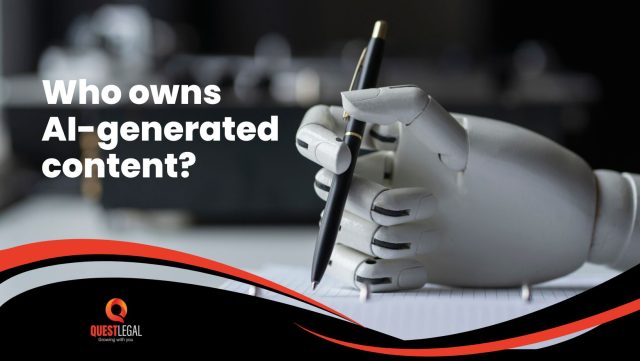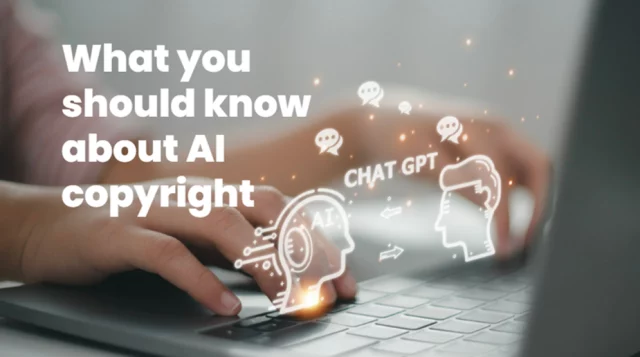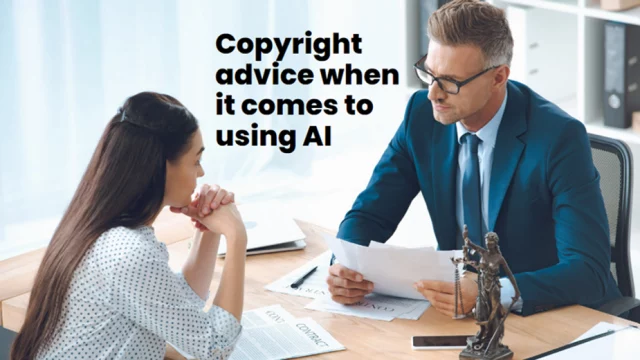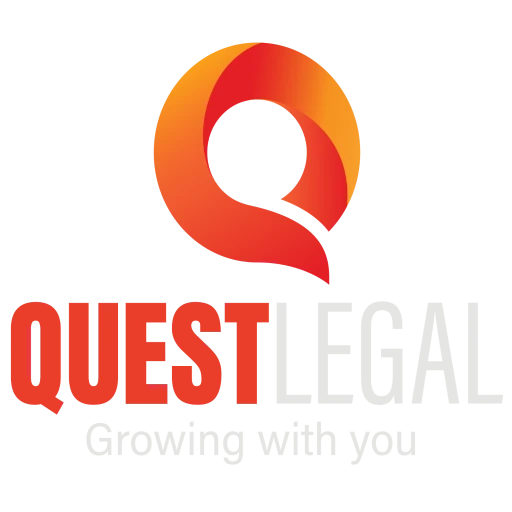
Intellectual property is at the core of technology. This has never been clearer with the introduction of Artificial Intelligence (AI) chatbot tools, such as ChatGPT, that can generate written copy for a variety of applications. Recently, its ability to generate human-like responses instantaneously has gained popularity.
We are only beginning to see the variety of uses for this technology as it is being integrated into search engines such as Google, chat functions such as Snapchat and widespread integration into the workspace.
These free chatbots are being widely embraced for their many benefits in business, such as increased efficiency, enhanced customer service and faster creation of more user-friendly content. However, concerns are also being raised about copyright, plagiarism, cheating, racial and gender bias, privacy issues, and legal dangers.
As is common with new technologies, these AI tools – which also include Bard, Bing, and AI image generators like DALL-E, Dream, Craiyon etc – are developing at a rapid pace. Currently, lawmakers around the world are racing to keep up with the legal issues, especially as more risks are identified.
A key issue facing ChatGPT users is, “Who owns the copyright to ChatGPT generated copy?”
What is Copyright?
Rather than protecting ideas, information, or concepts themselves, copyright exists to protect the form of expression of creative ideas.
The Copyright Act 1968 regulates copyright in Australia. The requirements for copyright protection include that:
· The work must be an expression of ideas (such as literary, dramatic, musical or artistic work, or in subject matter other than works such as in an audio-visual performance).
· The work must be original.
· The work must be recorded in ‘material form’ (such as written down on paper, recorded by keystrokes on a computer, recorded on film, recorded as software code); and
· There must be an author or artist.
According to the above criteria, AI generated copy would not be protected because it is not generated by an ‘author’ or ‘artist’. What this means is that, at present, there is a lack of clarity around if copyright law will protect works created in conjunction with AI. The materials created by a user that are input into the AI tool will likely attract copyright. However, the output that is generated by the AI tool is not likely to attract copyright.

AI Copy & Copyright
The Copyright Act 1968 states that work can only be protected if a person contributed ‘independent intellectual effort’ to its creation.
At this stage, there’s not a lot of clarity about how much of a contribution is required to allow copyright to exist in ChatGPT (or broader AI) generated copy. However, if there’s not enough of a contribution by the person creating the copy (i.e.. they only minimally edit or tweak the content), it may not be protected.
There is another consideration when looking at who owns the copyright to ChatGPT generated copy and that is the information that was used to inform the creation of the content – or the information that was used to train the AI. The central issue is whether copyrighted material was used without permission from the copyright owner to train the AI. While there are some copyright exceptions under Australian law, where permission is not needed, whether using works to train AI is covered by these exceptions has not been legally tested.
ChatGPT’s Terms and Conditions
Several AI chatbot providers have addressed copyright issues in their terms and conditions. For example, ChatGPT’s terms and conditions here state that users own their “Input”, meaning the information you insert into the search bar requesting content, but that ChatGPT owns the “Output”, meaning the generated copy in response to your Input.
ChatGPT then assigns you the right, title and interest in the “Output”. However, it notes that any “Output” may not be unique across users and that you do not own any “Output” that is generated by other users asking similar questions that receive the same response.
This can create significant issues if your business uses ChatGPT to generate materials that you intend to use and protect through copyright.
Other key issues
-
· False or incorrect information
Another challenge when using AI content generators is knowing if the information contained in the content is correct. The creators of ChatGPT, OpenAI, state online under “limitations” of the tool that “ChatGPT sometimes writes plausible sounding but incorrect or nonsensical answers.”
In a recent case, a New York based lawyer acting in a personal injury matter may face disciplinary action after citing ChatGPT for legal research, which led to the referencing of six non-existent legal cases in a legal filing.
-
· Defamation
As AI content generators may produce wrong information, it’s clear defamation may be an issue. Defamation relates to the publication of statements that are false and damaging to a person or business, causing significant harm to their reputation.
Several examples exist where ChatGPT has made false statements about individuals that could amount to defamation. For example, a regional Australian mayor has stated he may lodge a defamation claim against Open AI (the owner of ChatGPT) if it does not correct claims that he was “a guilty party in a foreign bribery scandal involving a subsidiary of the Reserve Bank of Australia in the early 2000s”.
It’s still to be legally tested whether the AI tool or the tool creator itself is liable for the publication of the defamatory material, or if the user is liable. The concern is that the AI user, unknowingly publishing false statements, could be at risk of being sued for defamation.
-
· Privacy issues
OpenAI collects information that you upload or enter into ChatGPT. This means that everything you’ve typed or uploaded into the tool gets stored. As more and more businesses use AI tools to generate content for their clients, users need to ensure they are not unknowingly breaching the Privacy Act 1988 and their own Privacy Policy. If your Privacy Policy does not explicitly state you can disclose client information to third parties to complete the services required, you should not include any of your client information, such as names or addresses, in your ChatGPT inputs.
The Take Home Message
There is an urgent need for regulation in this space and there’s no doubt legal clarity will come in due course.
For now, obtaining expert legal advice is essential if your business is using, or thinking about using, ChatGPT and other AI tools.
With AI set to become increasingly pervasive in the years ahead, it makes good business sense to invest in learning about these powerful new tools, which can greatly enhance organisational efficiency and output, at the outset.
At Quest Legal, we are experts in Technology, Business and Intellectual Property law and are here to ensure you, your team – and your clients who may use the content you generate via AI – are legally protected.
For example, we can assist in advising you on these issues, preparing AI chatbot guidelines for your staff and preparing copyright and confidentiality notices.
Ready to know more? Book your free consultation today and allow your company to confidently become an AI early adopter.


